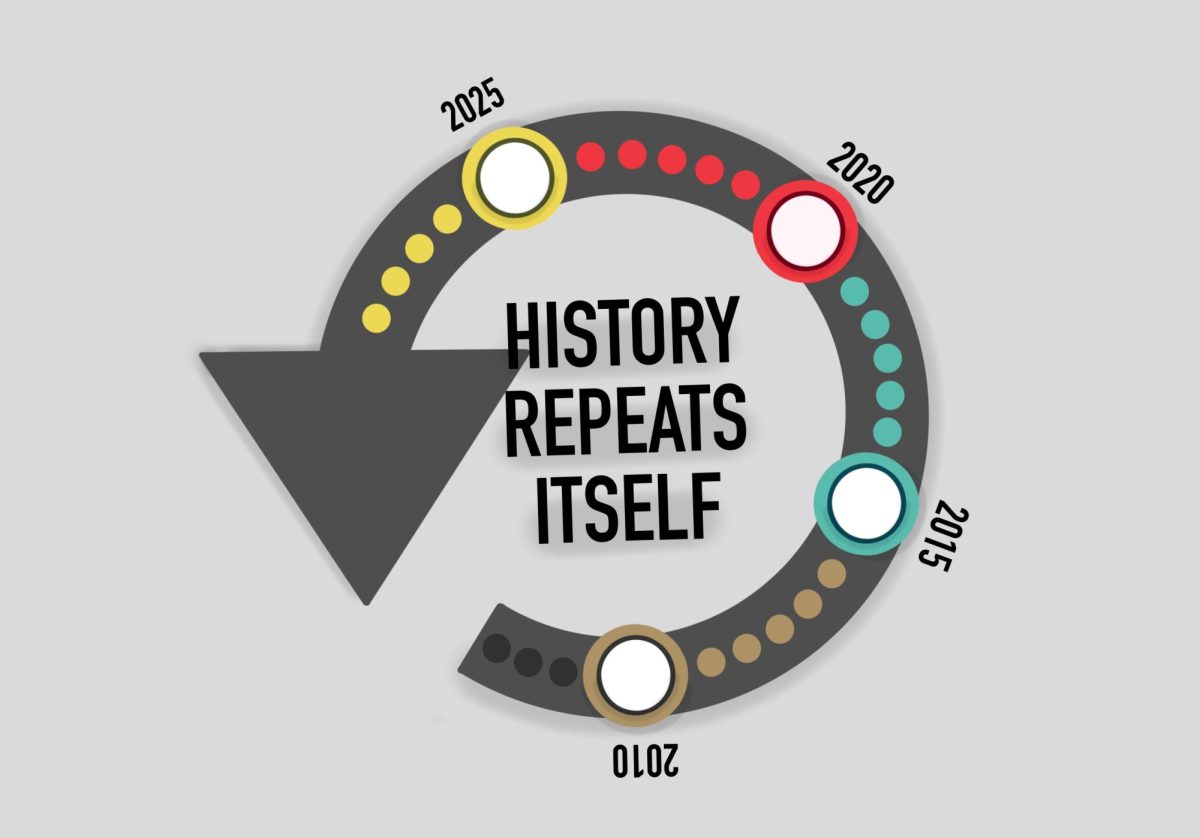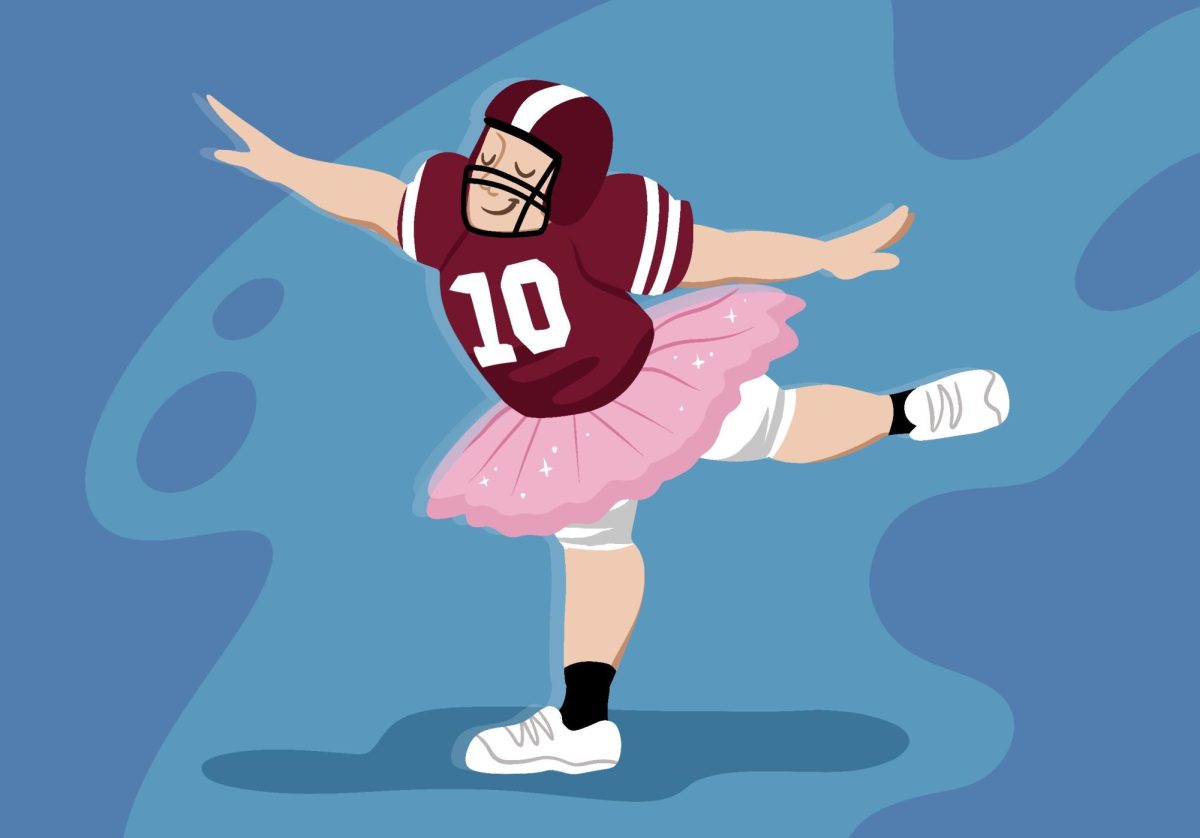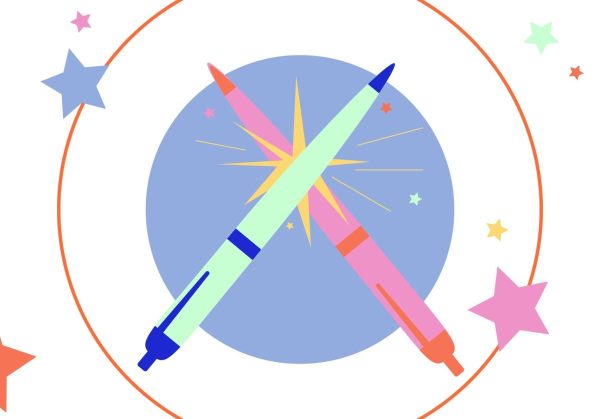There’s a lot of pressure placed on us to never age.
I know I’m not the only one constantly bombarded by ads for tips, tricks and products telling me how to turn back the clock. I’m not entirely sold, though.
Aging is a gift and privilege we are not all afforded, and our disdain for aging seems backward in its logic.
I’m looking forward to aging and don’t understand why more people aren’t.
We live in a youth-obsessed culture and largely always have. Juan Ponce de León, one of the first European settlers to reach the U.S., touched down in present-day Florida because he thought it contained the fountain of youth.
It of course didn’t, but the fact that long before our time, people were willing to risk their lives on tenuous journeys across oceans in search of a possible remedy against aging says something about us. Our compulsory death grip on youth goes far beyond the retinol craze, cold plunges and even Ponds cream.
The reasoning behind our pursuit of youth has shifted over time, though. The desperation toward staying young forever made much more sense back in a time before modern medicine, technology or science.
Getting older is a lot less scary now, so why are we still searching for the fountain of youth?
Jordan Lewis, director of research for the Center for One Health Research at the University of Alaska Anchorage, said as a result of technological and medical advancements, we can enjoy our hobbies and live healthfully for longer than ever before.
“There are programs and services that are more accommodating now to different abilities,” Lewis said. “So that, as we grow older, it doesn’t necessarily mean we have to stop interacting with our community, or our friends or activities that were important to us.”
In an era of such developments, aging is increasingly becoming a realm of possibility in which we spend our last years not merely suffering but experiencing more health and support than ever before. Alongside this comes increased possibilities for self-fulfillment and further enrichment.
“For some (elders), maybe retirement is a scary thing,” Lewis said. “But then there’s an opportunity for a second career, or volunteering or finding, pursuing things.”
In some ways, youth may be overrated.
Young people tend to struggle with mental health in larger numbers than their older counterparts, whether that be through negative body image or higher proportions of depression. This makes sense as people in their mid-twenties are not much older than teenagers, and are still finding their way in life or dealing with childhood wounds.
As I see it, youth is defined by the trials and tribulations by which a person forms their identity and values. Through the work someone puts in as a younger adult, they may establish what works best for them in their job, community and relationships.
Youth is not as glamorous as it’s made out to be, nor is it a place of stasis to preserve by drinking some magical elixir.
Because of the perspective and clarity gained through the lessons taught in our youth, we learn and change to become more solid in our identities and values as we grow older. Growing older gives us wisdom and stories to share that we otherwise wouldn’t. I don’t understand why that is not as aspirational as being a twenty-something.
We’ve been tricked into resenting time and ourselves for moving forward.
Rajean Moone, associate director for policy in the Center for Healthy Aging and Innovation at the University of Minnesota, said disdain for elderly people is often reflected through ageism, or the discrimination or negative stereotyping of individuals based on their age.
“There are research studies that show that ageism impacts our cognitive performance,” Moone said. “It impacts our health, it impacts our life expectancy and even affects us economically. In 2018 the U.S. economy lost $850 billion through age discrimination, which is a particularly pervasive form of ageism. I think it is really important for us to recognize that older adults are often marginalized in our society, and their contributions are devalued.”
By not appreciating human life through all its stages, we end up harming not only older people but ourselves as well.
If we dread aging for the fear that we too will be written off and not given a second thought, then the most logical action would be to resolve that fear within ourselves. We should give ourselves and our communities the grace to age without judgment, whether they age “gracefully” or not.
Moone said ageism is in some part a coping mechanism against our fears of getting older — which should be embraced, not feared.
“When we use phrases like ‘the aging population,’ what we’re attempting to do is to take the phenomenon of aging, which truly is a gift, and put it on another conversation that I, myself, am not aging,” Moone said. “When, in reality, every second of every day, we are aging, and that’s a gift, right?”
To age means we’ve been able to live to see our loved ones go through major life milestones and experience them ourselves.
We are not depreciating assets that lose value the older we get, but quite the opposite. It’s not a zero-sum game, but a matter of being able to live through your most important moments and be grateful for the time we have to spend doing what matters most to us and spending time with the ones we love.
“Aging is something we want to ascribe to,” Moone said. “So one of the most powerful things that we could do is recognize that aging is a dynamic process that occurs. It’s an experience that occurs across all human beings, across the planet, and if we embrace aging at this time of dynamic change both opportunities and challenges will go very far.”
The first step in amending our fear of aging is to stop putting youth on a pedestal. We should accept ourselves and others at every stage of life and know that with age comes the potential for great things.
As Eleanor Roosevelt said, “Today is the oldest you’ve ever been, and the youngest you’ll ever be again.”
What a relief that is.














